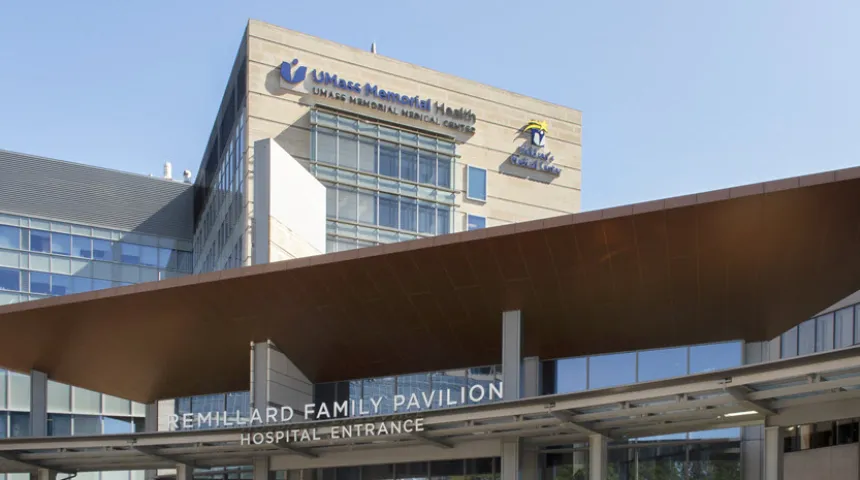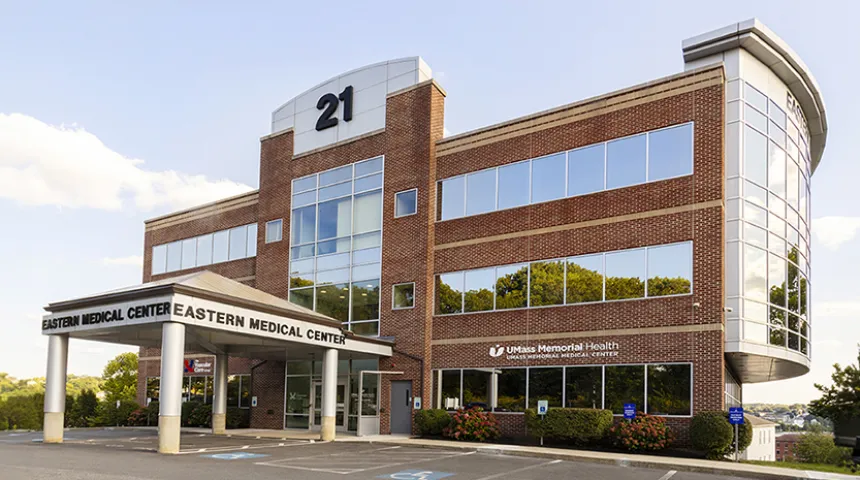Sphincter-Sparing Surgery
Our Colon and Rectal Surgery Locations

UMass Memorial Medical Center - University Campus
55 Lake Avenue North,
Worcester, MA 01655
855-UMASS-MD
UMass Memorial Medical Center - University Campus

UMass Memorial Medical Center - Memorial Campus
119 Belmont Street,
Worcester, MA 01605
855-UMASS-MD
UMass Memorial Medical Center - Memorial Campus

UMass Memorial Medical Center - Endoscopy Center
21 Eastern Avenue,
Worcester, MA 01605
508-334-8036
UMass Memorial Medical Center - Endoscopy Center

Marlborough Hospital - Endoscopy Center
28 Newton Street,
Southborough, MA 01772
508-597-2233
Marlborough Hospital - Endoscopy Center

UMass Memorial Health Multispecialty at Milford
91 Water Street,
First Floor,
Milford, MA 01757
508-458-4250
UMass Memorial Health Multispecialty at Milford

UMass Memorial Medical Group - Belmont Street Colorectal Surgery
67 Belmont Street,
Worcester, MA 01605
508-334-8195
UMass Memorial Medical Group - Belmont Street Colorectal Surgery
Get Started
Call 855-UMASS-MD (855-862-7763) or request an appointment with a colorectal surgeon.
